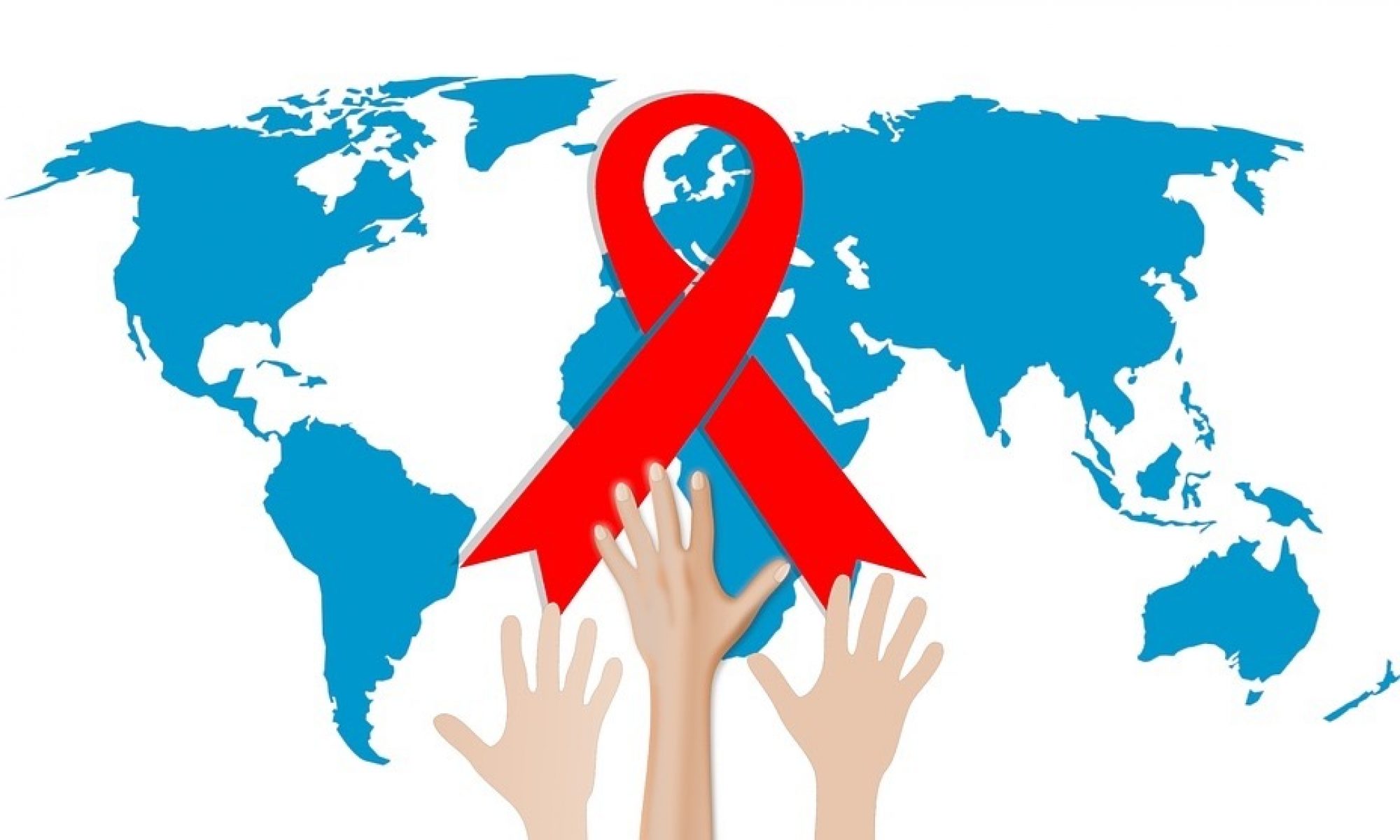Our Methods
- What did we do?
- Conducted qualitative interviews with CHW’s currently in the field
- Conducted interviews with data analysts related to HIV care
- Literature Reviews such as: current Legislation in Connecticut for CHWs and the Ryan White AIDS/HIV Legislative Program
Confidential Interviews with CHWs
To answer our research questions, we conducted 6 qualitative interviews with Community Health Workers (CHWs) from a number of agencies in Hartford involved in HIV related care. We also attended meetings of the Ryan White Planning council, held meetings with data analysts involved in research on CHW in HIV-related care, conducted online data searches and literature reviews, and consulted frequently with our community partner and faculty advisors.
Although we had initially planned to recruit participants by posting flyers at specific clinics and locations around the city, our recruitment efforts have mainly consisted of snowball sampling. This particular method was chosen due to the fact that it allows researchers to effectively reach populations that are otherwise difficult to sample when using other methods (Johnson 2017). We received our first introductions through our community partner, who helped us arrange meetings with people working in case management in HIV care. The referrals given by the participants granted the research team entrance into a space where conservation regarding HIV care is ongoing. By attending community gatherings around the topic of HIV prevention and care, we were able to recruit individuals from each of our target populations. Through snowball sampling, interviewees offered referrals to other potential participants. This sampling method also allowed us to be in contact with different individuals, from which we were able to gain valuable insight on how to effectively collect aggregated provider level data on HIV health outcomes of patients that have access to CHWs.
Some of the biggest themes that emerged from certain interview questions asked included the following questions:
- In your opinion, what skills are necessary to perform your job effectively? [Languages, communication, cross-cultural training, etc.]
- From your experience, what are the most significant barriers patients face when trying to access care? (Follow-up) How should we go about addressing these barriers and needs? How/Where do you see yourself playing a role in addressing these barriers?
- How do you think access to CHWs can be particularly beneficial to the HIV community?
- From your point of view, what negative occurrences have you seen in HIV patients that do not have a CHW?
- What advice would you give to a new CHW working in the HIV community?
Limitations to Research
Current public health concerns due to the Covid-19 pandemic created significant barriers to our in-person interviews. Although we shifted to conducting interviews over the phone, we still experienced potential interviewees rescheduling or cancelling their interview all together. We initially planned to conduct 20 interviews with both CHWs and people with HIV, but due to social distancing requirements were only able to conduct 6 interviews with CHWs. Due to the amount of the limited amount of interviews we were able to conduct the quantitative component had to be eliminated.
Despite conducting fewer interviews than we had planned, we still collected data from a wide range of CHWs. For example, two CHW’s that we interviewed were HIV+ and provided a whole different perspective of understanding to the community they serve. Another CHW interviewed had a sibling who passed away from HIV and it propelled them into the field. There were also different methods agencies used to address common issues. These issues included some agencies’ capacity of clients at a given time or how they divided the work of a CHW into two areas; one focusing on the healthcare needs while the other focusing on the community needs. A positive take away from the COVID19 Pandemic was how it actually helped to highlight just how crucially indispensable the work of a CHW is. If we had more CHW’s not only in Connecticut but the US, a pandemic could look a lot different for the communities of our country. One thing that remained constant with all CHW’s interviewed was their unrelenting passion for their clients.
